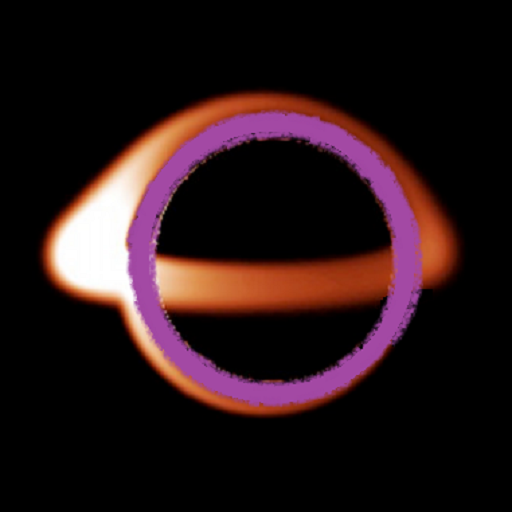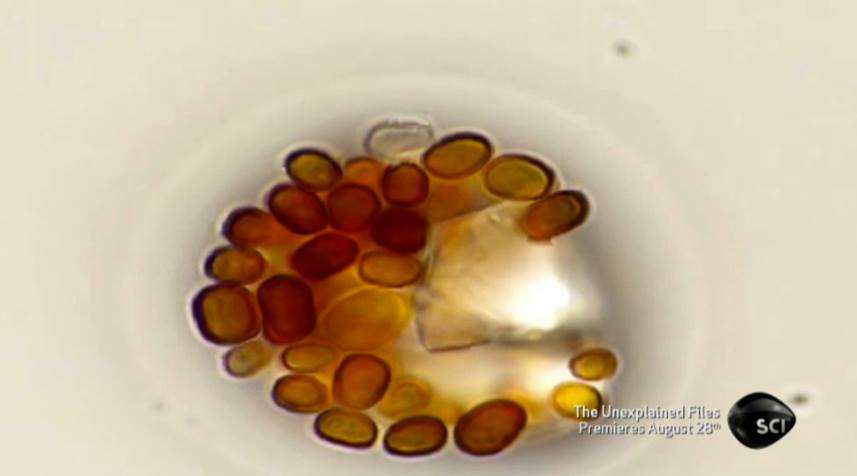Where did life originate? On Earth, intelligent life developed, questioned our own existence, and concluded with an assumption that life began here and only exists here. From ancient Greek scholars and wise priests of the early church to modern scientists dismantling the very code from which our cells contain, everyone throughout history has claimed that life started here. Many science vs. religion debates focus on the timeline and the method of creation. Six days or 4.6 billion years. God or evolution. These are merely different ways of explaining how life originated on our planet. But what if we’re all wrong?
Panspermia is a term given to the theory that life originated elsewhere and transported to Earth in the form of comets. Building blocks of life, and possibly even extremophile bacteria can exist within the dust and water that comets are composed of. Supporting this theory, it has been found that in the development of the nascent Earth, our oceans were filled with water that came from comets. The water formed during the planet’s off-gassing simply wasn’t enough to fill oceans. Simulations have shown hoe the comets’ trajectories could have skimmed along the surface, preventing immediate volatilization. Thus, water and life’s building blocks literally rained down from the heavens.
Fast forward to modern day, , and we now have scientific evidence of the building blocks of life being found in our interplanetary exploration. We have found fossilized evidence on Mars meteors as well as building blocks on Mars. We have sent probes to sample comets and scanned the cosmos with a variety of instrumentation. We are starting to see the big picture – water, thus life, is ubiquitous in the universe. Mechanisms exist to deliver water and the building blocks of life from space to Earth. Just recently, we may have observed how this happens in an early universe (http://www.sciencedaily.com/releases/2013/07/130718142726.htm).
How would this affect us? How would we know if this process continues today? Large comets have been discovered impacting other planets, but if that happened here it could be catastrophic. Is it possible that the Earth is still bombarded with smaller comets? Can we detect everything headed towards our planet? Even large asteroids are sometimes undetected until a close fly-by as we watch with our telescopes.
If we were able to detect when a small comet enters the atmosphere without a flash, what would happen? Can we detect the building blocks of life raining down from the heavens? In 2012, red rain fell on Kerala, India. The red rain was found to contain a self-replicating organism that lacked DNA (http://science.discovery.com/tv-shows/the-unexplained-files/the-unexplained-files-videos/blood-red-rain.htm). It has been proposed that these are algal spores (http://en.wikipedia.org/wiki/Red_rain_in_Kerala), but could this have originated elsewhere? How did it get to the upper atmosphere? It remains unknown, but perhaps an event could happen where building blocks are carried to Earth and start forming life once on our planet.
We have yet to discover exactly how life starts, but we have been able to replicate in laboratory experiments how cells form. In these experiments, just as with Kerala’s red rain, the missing link is the DNA. However, we should ultimately be questioning where life comes from, rather than assuming it only occurs on one planet in the entire universe.
Photo: image of the red rain organism, from Science Channel

